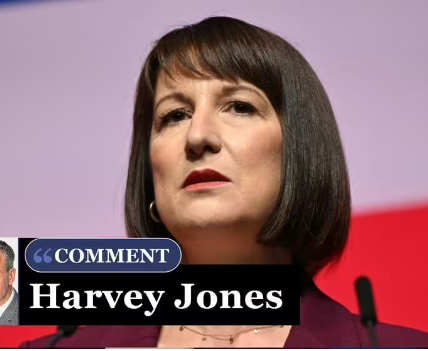A petition has been set up urging MPs to consider the move.

A petition is calling for everyone aged 60 or above to get £586 per week in state pension (Image: Getty)
An online petition calling for everyone over the age of 60 to receive state pension payments of £586 per week has accrued almost 10,000 signatures. More than 9,630 signatures have been collected at the time of writing. At 10,000 the Government will have to issue a response.
Petition organiser, Denver Johnson, wants the state pension to equal 48 hours per week at the National Living Wage rate of £12.21 per hour. By Johnson’s calculations this equates to £586.08 per week or £30,476 annually. Expats aged 60 and above would also be entitled to the same level of pension benefit.
The petition states: “We think that Government policy seems intent on the state pension being a benefit not paid to all, while ever increasing the age of entitlement.
“We want reforms to the state pension, so that it is available to all including expatriates, from age 60, and linked to the National Living Wage, for security.”
A state pension amounting to £586 per week is more than double the new state pension rate of £230.25 for those who have the full National Insurance qualifying years. The full basic state pension is £176.45 per week for those who qualify.
The petition’s call for everyone aged 60 or over to receive £586 per week runs counter to age increases under previous governments and the current Labour administration. With increased life expectancy, successive governments have raised the state pension age.
Between 2026 and 2028 it rises from 66 to 67. The Office for Budget Responsibility (OBR) estimates the net impact of increasing the age will save taxpayers £10.4billion in 2029-30 relative to the state pension age staying at 66.
There are already questions over whether or not the UK can afford the triple lock on state pensions, which sees the payment automatically increase from April each year by the highest of three measures: inflation, average wage growth or 2.5%.
While popular, the triple lock is expensive. The Labour Government has said it was committed to the policy after the OBR reported in July that its annual cost is estimated to reach £15.5bn by 2030.
According to the OBR, the cost of the state pension has increased from about 2% of GDP to 5% over the past 80 years. By the early 2070s, it is forecast to rise to 7.7% of the economy.
OBR chairman, Richard Hughes, has said trends in pension spending, health and other age-related spending point to Britain’s public finances being in “an unsustainable position in the long-run”.
He said in July: “The UK cannot afford the array of promises that are displayed to the public if you leave those unchanged based on a reasonable assumption about growth rates in the economy and in tax revenues.”
This would raise questions as to whether Britain can really afford anything even approaching a state pension of £586 per week, given the UK’s sluggish economic growth, spiralling debts, ageing population and cost of borrowing.
Some groups representing pensioners might argue older people on fixed incomes face tough choices when the cost-of-living is high and a generous pension helps them avoid financial struggles.
Experts, including at the Institute for Fiscal Studies, have called for the triple lock to be axed and pensions should rise in line with prices, linked to average earnings targets.
All the same, the state pension in Britain still lags behind other developed countries.
About 14.5% of people aged 66 and over in the UK were living in relative income poverty in 2022, according to the Organisation for Economic Co-operation and Development (OECD).
This was the 14th highest rate of income poverty among 34 OECD countries for which data was available between 2019-2022. The highest rates were in Estonia (43.4%) and South Korea (39.7%). The rates were lowest in Denmark (4.1%) and Norway (4.3%).



